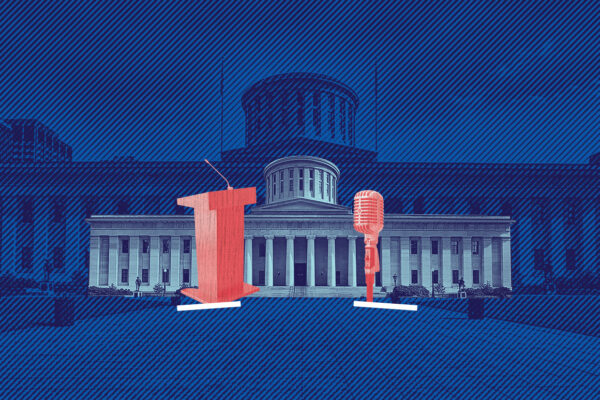To Chairwoman Roegner, Vice Chair Gavarone, Ranking Member Blackshear, and members of the Senate General Government Committee, thank you for this opportunity to provide opponent testimony on Senate Bill 153.
In short, SB 153 continues the ongoing trajectory in our state of deliberately and unnecessarily making it increasingly more difficult for otherwise legally qualified voters to cast their ballot.
While the 204-page Senate Bill 153 seeks numerous and expensive changes across multiple aspects of voting and election administration, I will concentrate the majority of my brief remarks on the parts of SB 153 requiring all Ohioans, regardless of immigration status, to provide documentary proof of citizenship (“DPOC”) when they register to vote or change their name or address.
I trust this committee has heard plenty about how rare non-citizen voting is in Ohio. In fact, it is so rare it is statistically accurate to say it happens zero percent.
That is, in August 2024, 597 people were accused of registering to vote despite their status as non-citizens. 138 of those people appear to have voted. Pursuant to existing law, those situations were referred for prosecution.
For the sake of conversation, let’s say every single one of those 138 referred persons did, in fact, vote illegally and all 138 instances happened within the same year (which is unlikely).
Over the past five years, Ohio averaged about 8 million total registered voters per year. That means SB 153’s multiple, burdensome, and pricey DPOC provisions exist because of 0.002% of eligible voters. But SB 153 supporters maintain SB 153 is crucial to preventing what they call voter fraud, committed by zero percent of people.
On the flip side, we know among those most impacted by SB 153 will be Ohioans with less money, those with physical disabilities and ailments, the elderly, and those who changed their legal name, such as via marriage. And, of course, all foreign-born Ohioans.


